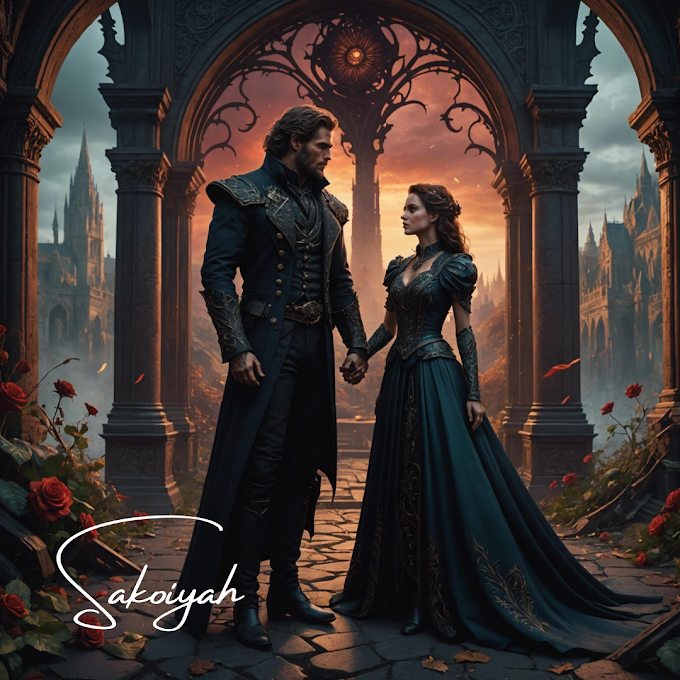Writing is a creative process that requires focus, inspiration, and a wellspring of ideas. However, there are times when the writing well seems to run dry, leaving us feeling stuck or needing more creativity. In such moments, exploring alternative avenues that can reignite our imagination and help us find our writing flow again is essential.
One unexpected source of inspiration and a potential catalyst for the writing
process is coloring activities. Coloring can stimulate the mind, awaken dormant
creativity, and fuel your writing journey. This blog post will explore the
intriguing connection between color and writing and discover how this seemingly
simple activity can enhance your creative writing process.
Coloring as a Gateway to Creativity
At first glance,
coloring may appear to be a child's pastime, but it also holds hidden potential
for adults. Engaging in coloring activities can help you tap into your innate
creativity by allowing your mind to wander and explore without the pressure of
producing a finished product. The act of coloring activates the right side of
the brain, which is associated with creativity, intuition, and imagination. As
you immerse yourself in coloring intricate designs or patterns, your mind
begins to relax, leading to a state of flow where new ideas and connections can
emerge effortlessly.
Breaking Through Writer's Block
Writer's block is
a common obstacle that every writer encounters at some point. It can be
frustrating and demotivating, hindering progress and stifling the creative
process. Coloring can be an effective tool for overcoming writer's block. When
faced with a mental block, taking a break from writing and engaging in coloring
can help shift your focus and alleviate the pressure. Coloring helps quiet the
mind, reduce stress, and relieve anxiety, making it easier to break free from
the cycle of self-doubt and negative thoughts that often accompany writer's
block.
Stimulating the Senses
Coloring engages
multiple senses, including sight, touch, and even smell, if you use scented
markers or crayons. By incorporating sensory elements into your writing
process, you can create a more immersive experience. Pay attention to the
materials' colors, textures, and sensations as you color. This sensory
stimulation can trigger associations, memories, and emotions that inspire your
writing. The vibrant hues on the page may evoke certain moods or spark
connections to specific settings or characters in your stories.
Visualization and Storytelling
Coloring involves the art of visualization—imagining the colors you want to use and picturing how they will blend and interact on the page. This visualization skill is closely tied to storytelling, as writers must vividly imagine scenes, characters, and settings to bring their narratives to life. Coloring activities can help sharpen your ability to visualize details and enhance your descriptive writing. You may imagine scenes from your writing projects as you color, deepening your connection with your story and enabling you to convey its essence more effectively.
Enhancing Focus and Mindfulness
Coloring is a
mindful activity that requires focus and attention to detail. By immersing
yourself in the present moment, you can cultivate a sense of mindfulness and
develop better concentration skills. This newfound ability to focus can
translate directly into your writing process. You can overcome distractions and
improve writing productivity by training your mind to remain present and
engaged.
Conclusion
Incorporating coloring activities into your writing routine can be a delightful and effective way to unlock your creativity, overcome writer's block, and enhance your writing process. Through the coloring-writing connection, you can tap into the hidden depths of your imagination, stimulate your senses, and unleash a flow of ideas that breathe life into your stories.
So, the next time you find yourself stuck or lacking inspiration in your writing, grab a set of vibrant colored pencils or markers and allow yourself to indulge in the world of coloring.
As you fill the intricate patterns and designs with hues of your choice, you'll notice how your mind wanders, exploring new possibilities and connections. Coloring engages different areas of your brain, stimulating creativity and opening up channels of thought that may have been previously dormant. The rhythmic motion of color can also have a calming effect, helping to alleviate the stress and anxiety that often accompany the writing process.
Incorporating coloring into
your routine creates a harmonious balance between focused concentration and
free-flowing expression, leading to a more fulfilling and productive writing
experience. So, let your creativity soar, embrace the colorful journey, and
watch as your writing blossoms into something truly extraordinary.




.png)

.png)




0 Comments